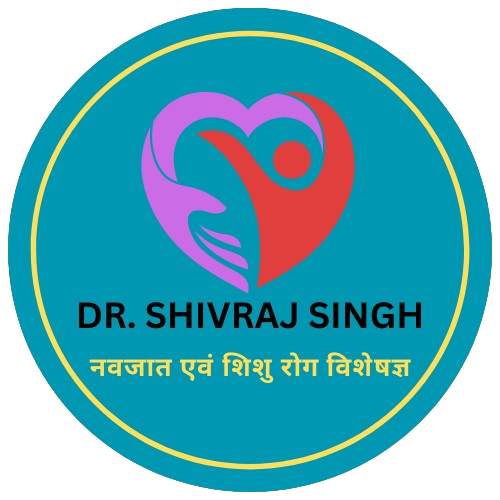FAQ (Frequently Asked Questions)
A nebulizer is a device that turns liquid medicine into a mist. The nebulizer is usually connected to a machine that pushes air through the nebulizer. The air helps turn the medicine into a mist. As your child breathes, the mist of medicine goes into his or her lungs. When a nebulizer is used, it is called a breathing treatment or nebulizer treatment.
Vaccines are extremely safe and serious side effects are rare. Almost all sickness or discomfort after vaccination is minor and temporary, such as a soreness at the injection site or mild fever. These can often be controlled by taking over-the-counter pain medication as advised by a doctor, or applying a cold cloth to the injection site. If parents are concerned, they should contact their doctor or health care provider.
Oxygen therapy is indicated when there is an abnormally low concentration of oxygen within the arterial blood, otherwise known as hypoxemia. Oxygen is necessary for adequate metabolism of carbohydrates and the production of adenosine triphosphates.
Phototherapy is treatment with a special type of light (not sunlight). It’s sometimes used to treat newborn jaundice by making it easier for your baby’s liver to break down and remove the bilirubin from your baby’s blood. Phototherapy aims to expose your baby’s skin to as much light as possible.
If jaundice is caused by an underlying health problem, such as an infection, this usually needs to be treated. If the jaundice is caused by rhesus disease (when the mother has rhesus-negative blood and the baby has rhesus-positive blood), intravenous immunoglobulin (IVIG) may be used. IVIG is usually only used if phototherapy alone has not worked and the level of bilirubin in the blood is continuing to rise.
A Neonatologist is a pediatrician specializing in the care of newborns, particularly those who are premature, have low birth weight, or suffer from serious health conditions. They are experts in managing the unique needs of newborns during the first few weeks of life.
A Child Specialist, also known as a Pediatrician, provides comprehensive medical care for children from birth through adolescence. This includes routine check-ups, diagnosing and treating illnesses, monitoring growth and development, and offering guidance on health and wellness.
The specific vaccinations your child needs will depend on their age, health status, and the vaccination schedule recommended by health authorities. Common vaccinations include those for measles, mumps, rubella (MMR), diphtheria, tetanus, pertussis (DTP), polio, hepatitis B, and influenza.
Vaccinations typically begin at birth and continue through adolescence according to a recommended schedule. Your pediatrician will provide you with a vaccination plan tailored to your child's needs.
If your child misses a scheduled vaccination, it’s important to reschedule as soon as possible. Your pediatrician can guide you on how to catch up on missed doses to ensure your child remains protected.
You can schedule an appointment with our specialists by calling our clinic or booking online through our website. We recommend scheduling routine check-ups and vaccinations in advance to ensure availability.
